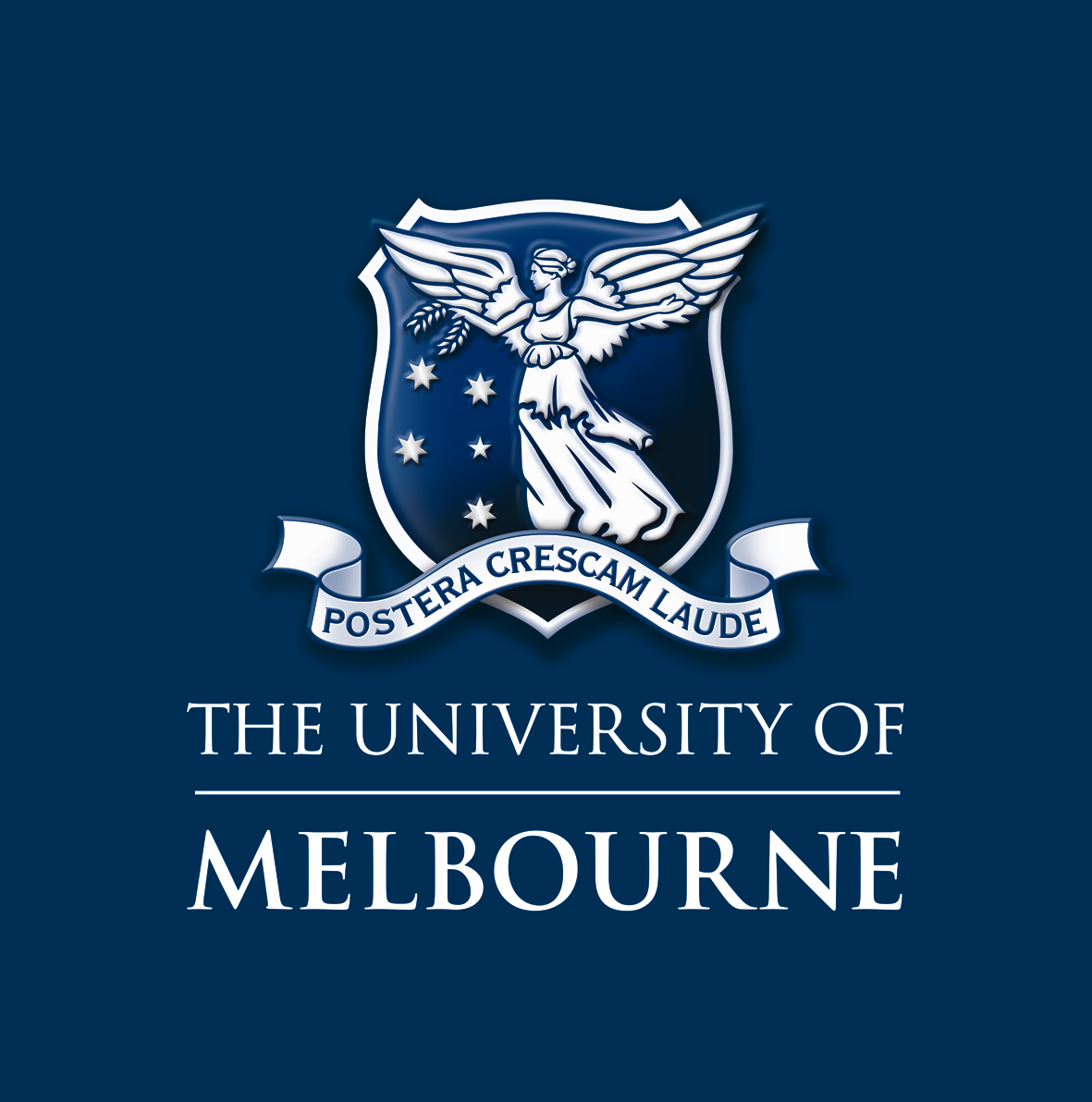Project: Surveillance and spread of artemisinin drug resistance and local Anopheles spp. adaptation of Plasmodium falciparum
Day Group
Artemisinin combination therapy is the front-line drug treatment for malaria, but drug resistance has already emerged in Southeast Asia. Africa bears the greatest burden of disease accounting for over 94% of cases and deaths. Currently there is little evidence of artemisinin resistance in Africa, but new mutations are being discovered which lead to delayed drug clearance (i.e., “resistance”). Genomic surveillance of pfs47 can be monitored to inform whether parasites have migrated from one region to another. This gene plays a role in local adaptation between the Anopheles spp. mosquito (i.e., vector) and the malaria parasite. And it may also be in close proximity to the gene that regulates artemisinin resistance. With heightened human migration influencing the spread of parasites from different regions of the globe, tracking this gene can help us inform the movement of drug resistance genotypes/phenotypes and help prevent resistance to artemisinin.
Project site: Bio21 Institute
Contact project supervisor for further
information and application enquiries
Day Group
8 vacancies
Professor Karen Day runs a multidisciplinary malaria research group that utilises molecular epidemiology to study the role that variation in human, parasite, and vector genomes plays in modulating transmission dynamics of Plasmodium spp. She is also interested in cell-to-cell communication in malaria parasites to alter population behaviour. She has a strong track record in interdisciplinary training of the next generation of infectious disease epidemiologists.
Day Group Current Projects
-
Malaria epidemiology and elimination in high transmission settings
PhD/MPhil, Master of Biomedical Science, Honours
-
Genomic epidemiology and malaria surveillance
PhD/MPhil, Master of Biomedical Science, Honours
-
Investigating antimalarial drug resistance in response to community interventions
PhD/MPhil, Master of Biomedical Science, Honours
-
Surveillance and spread of artemisinin drug resistance and local Anopheles spp. adaptation of Plasmodium falciparum
PhD/MPhil, Master of Biomedical Science, Honours
-
Bioinformatic investigation of diversity of the variant antigen genes of Plasmodium falciparum in low and high transmission
PhD/MPhil, Master of Biomedical Science
-
Insights into the evolution of variant antigen gene recombinants of Plasmodium falciparum in high transmission
PhD/MPhil
-
Social networking and malaria parasite / Quorum sensing in malaria parasites
PhD/MPhil, Master of Biomedical Science
-
Malaria and the human genome / Identifying regions of the human genome selected by Plasmodium spp
PhD/MPhil, Master of Biomedical Science, Honours



